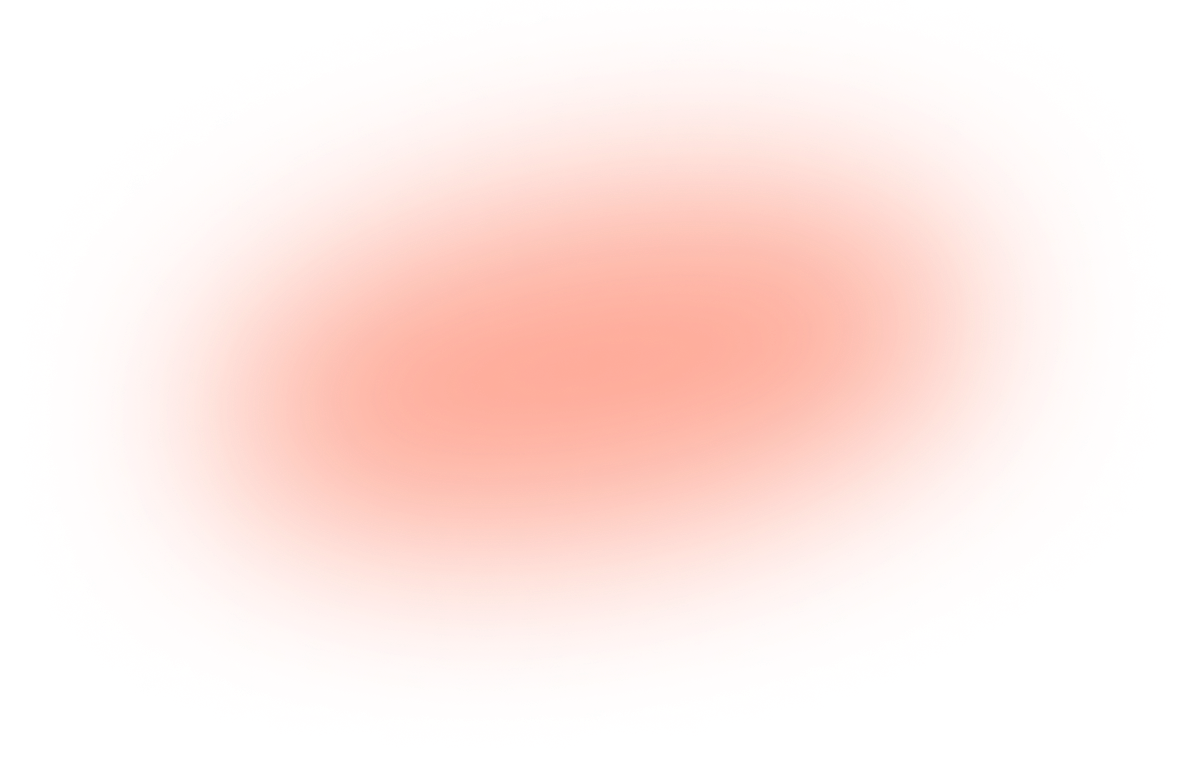Web development is a dynamic field that constantly evolves with new technologies and trends. Insights from IT agency experts provide valuable perspectives on the challenges, trends, and best practices shaping the web development landscape. These insights reflect the multifaceted nature of web development.
Navigating Open Science: Unleashing the Power of Intellectual Property
The Dance Between Open Science and Copyright
Open science is more than just documenting and disseminating; it's about sharing without reservation. However, legal systems, particularly intellectual property laws like copyright, have traditionally favored closed ideas and content. This unintended friction hinders scientific progress. Fortunately, a wave of champions is creating legal tools, such as Creative Commons licenses, to facilitate easy, free, and legal sharing of scientific work with chosen rights reserved.
Understanding Copyright Basics
Copyright is the unsung guardian of your scientific creations. It automatically grants exclusive rights to control the use, distribution, and adaptation of creative works. While facts are not copyrightable, their expression – be it in images, presentations, or software – falls under copyright. To align with open science principles, scientists must actively choose alternatives to the default "all rights reserved" setting, opting for open licensing.
Open Licensing: A Beacon in the Intellectual Property Landscape
Open licenses, like Creative Commons licenses, serve as beacons in the legal landscape, signaling a creator's intent to share and encourage broad use. These licenses not only protect creators but also amplify the impact of their work by allowing others to build upon it. Open licenses vary, from the more permissive CC BY to others that restrict commercial use. Embracing open access publications with Creative Commons licenses is a convenient way to make scientific work widely available.
Beyond Copyright: Open Licensing for Data, Software, and Hardware
While data might not be copyrightable, the expression of data – such as graph layouts – is subject to copyright. Open licenses extend beyond traditional content to include data, software, and hardware. Licensing code requires considerations specific to Open Source Software (OSS) licenses, and hardware can be licensed under various options, such as the CERN Open Hardware License. Yet, challenges persist, and the open hardware community is actively working on refining open licensing for physical tools.
Challenges and Solutions in Open Licensing and Open Science
Despite the simplicity of applying open licenses, challenges arise in unique or complex situations. The Creative Commons Certificate course is a valuable resource for navigating these challenges. Embracing open science requires both individual actions and systemic change. Advocacy for institutional policies supporting Open Access and Open Educational Resources, coupled with international agreements, will pave the way for a truly open scientific landscape.
Conclusion:
As we navigate the evolving landscape of Open Science and Intellectual Property, one thing is clear: the power of openness extends beyond individual actions. It requires a collective effort, with individuals and institutions working hand in hand to dismantle barriers and pave the way for a future where scientific knowledge flows freely for the benefit of all.



.jpg)
.jpg)
.jpg)
.jpg)
